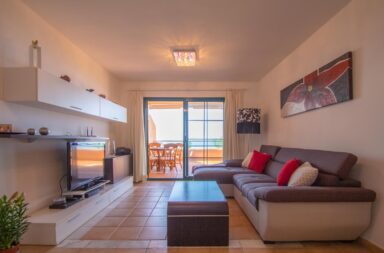What is the rental deposit in leases?
The first month’s rent is usually one of the most expensive, since not only the rent is paid to the landlord, but there are also other payments to be made. One of them is the deposit, that amount that is paid to the landlord in order to guarantee that the tenant complies with the obligations stipulated in the lease, such as, for example, keeping the property in good condition.
If everything has gone well and no problems have arisen during the tenancy, in principle, the tenant has the right to recover this money at the time of leaving the apartment and, therefore, the landlord has the obligation to return it.
What obligations does a rental deposit respond to?
We can point out three general scenarios:
When the tenant has not complied with the obligation of the payment of the installments or monthly payments agreed for the rent of the property or there is some debt.
When any damage is observed in the furniture or appliances directly or indirectly attributable to the tenant or when they exceed the normal deterioration that corresponds to the use.
When the property is not delivered in good conditions of cleanliness: In this case the money of the deposit will be used for this purpose, but it will be necessary to return, if necessary, the amount that is left over.
If there is disagreement between the parts on the existence of damages or to whom it corresponds the repair and the lessor does not return the deposit, the tenant can request it through a burofax, so that the claim is recorded. If, in spite of this, the landlord maintains his position, the tenant has the right to make a claim and can take the landlord to court.
How much is the security deposit to be paid in a rental agreement
Article 36.1 of the Urban Leases Law (LAU) stipulates that a cash deposit equivalent to one month’s rent must be paid for residential leases and two months’ rent for leases for uses other than housing, such as, for example, commercial premises or offices.
For residential leases, the law establishes that one month’s rent must be paid as a deposit. For leases of commercial premises, i.e., leases for a use other than housing, two months’ rent must be paid.
Although there is the possibility of agreeing on a higher amount, this supplement is not considered as a deposit, but will have to be included in the contract under another concept. Specifically, under the concept of ‘additional guarantee’, which cannot exceed an amount equal to two months’ rent.


